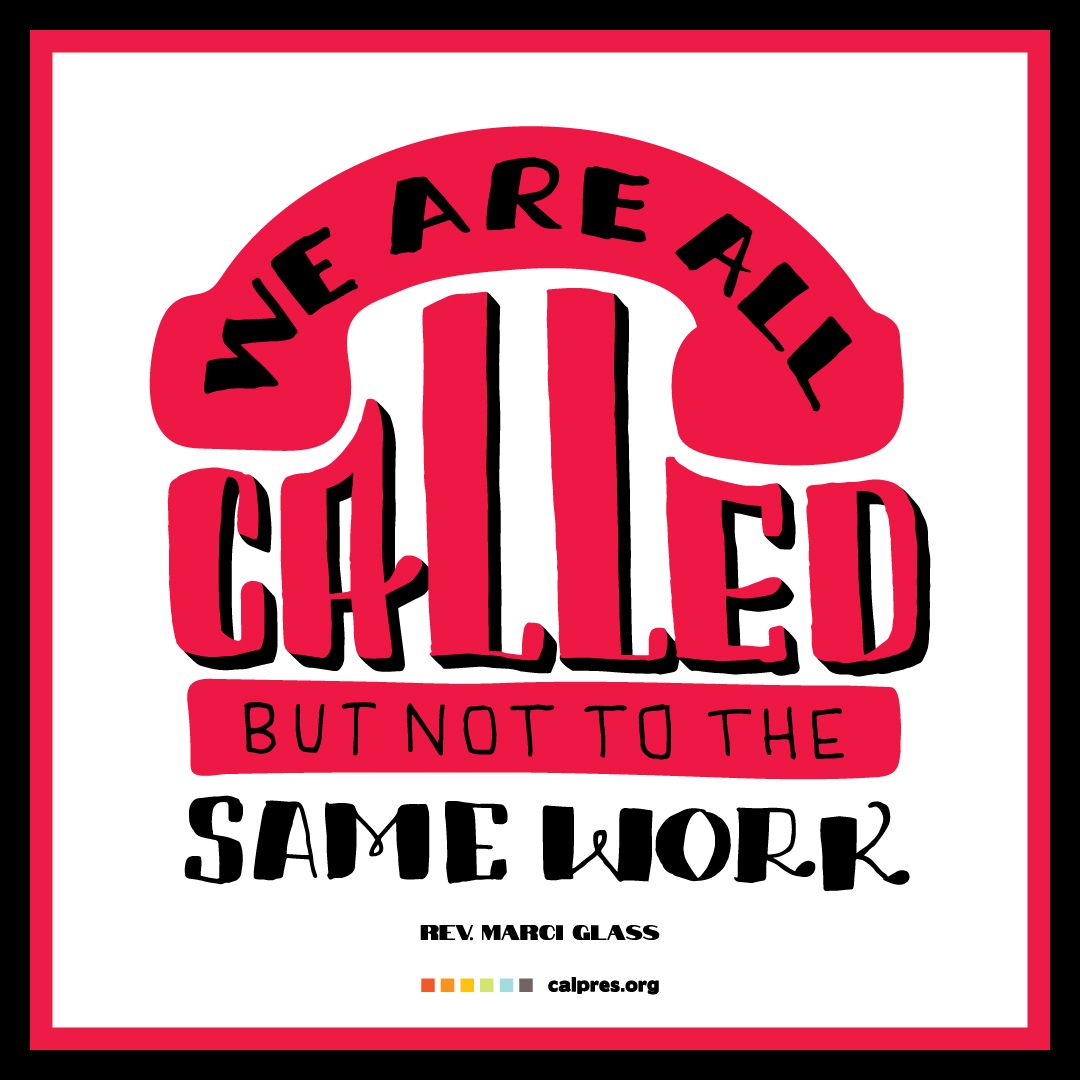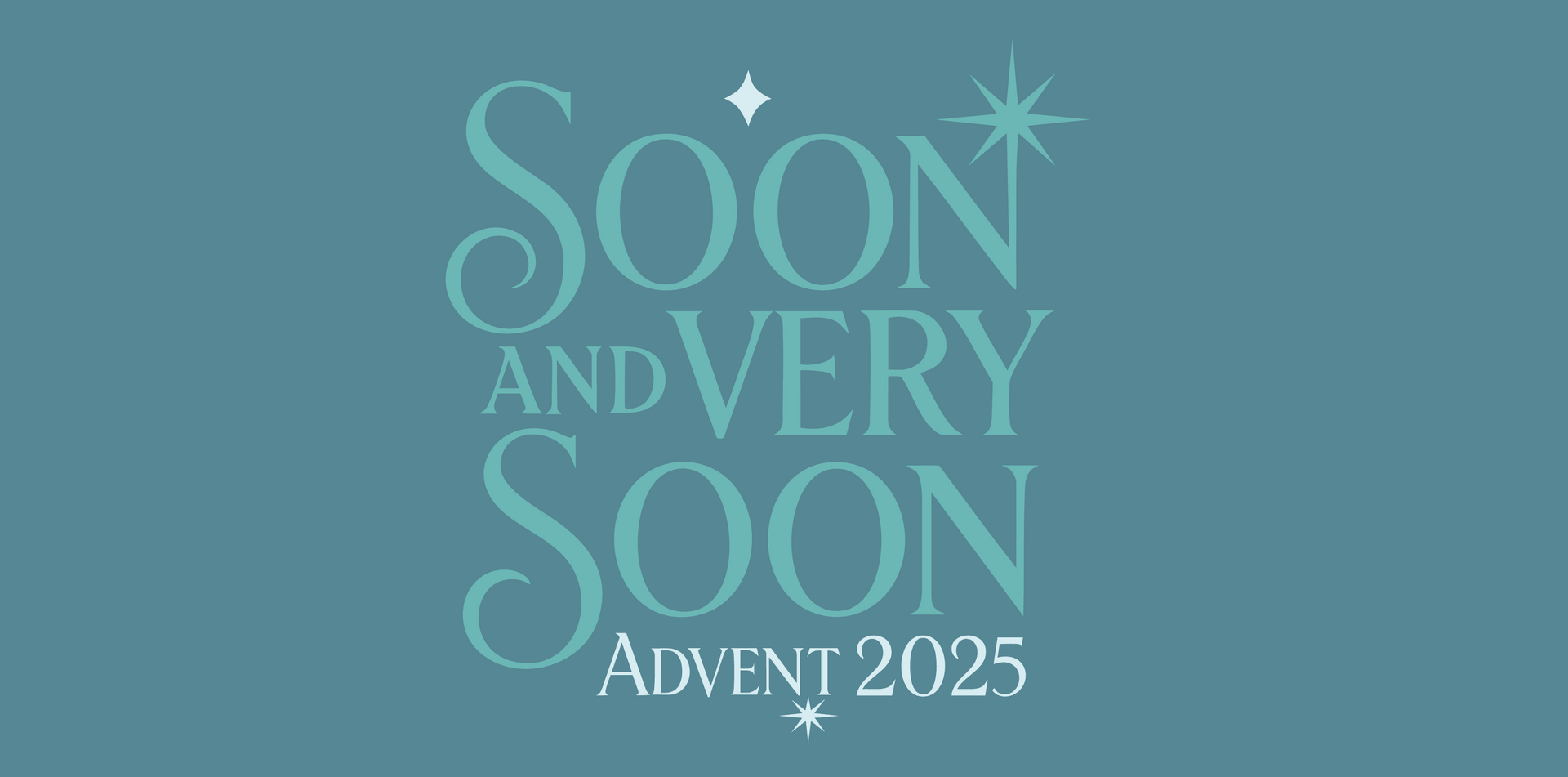Sermon 04.30.2023: Lost in Translation
There are lots of ways we are lost in translation these days. More and more people identify as “none”, having no religious affiliation. Fewer and fewer people are familiar with the stories of scripture or the language of faith. We preach power through vulnerability, and wisdom through foolishness. We preach the first will be last and the last will be first. We follow a man who refused to become an earthly king and was skeptical of the flattery of the crowd. Our God cares for the poor, the hungry, the widowed, the imprisoned because there is awareness that the rich, the well fed, and the free, will and do care for themselves. How are we going to work on our translation for a world that could use a good word from God?
Scripture
Acts 13:1-3, 14:8-18
Now in the church at Antioch there were prophets and teachers: Barnabas, Simeon called Niger, Lucius of Cyrene, Manaen (who had been brought up with Herod the tetrarch) and Saul. 2 While they were worshiping the Lord and fasting, the Holy Spirit said, “Set apart for me Barnabas and Saul for the work to which I have called them.” 3 So after they had fasted and prayed, they placed their hands on them and sent them off.
In Lystra and Derbe
8 In Lystra there sat a man who was lame. He had been that way from birth and had never walked. 9 He listened to Paul as he was speaking. Paul looked directly at him, saw that he had faith to be healed 10 and called out, “Stand up on your feet!” At that, the man jumped up and began to walk.
11 When the crowd saw what Paul had done, they shouted in the Lycaonian language, “The gods have come down to us in human form!” 12 Barnabas they called Zeus, and Paul they called Hermes because he was the chief speaker. 13 The priest of Zeus, whose temple was just outside the city, brought bulls and wreaths to the city gates because he and the crowd wanted to offer sacrifices to them.
14 But when the apostles Barnabas and Paul heard of this, they tore their clothes and rushed out into the crowd, shouting: 15 “Friends, why are you doing this? We too are only human, like you. We are bringing you good news, telling you to turn from these worthless things to the living God, who made the heavens and the earth and the sea and everything in them. 16 In the past, he let all nations go their own way. 17 Yet he has not left himself without testimony: He has shown kindness by giving you rain from heaven and crops in their seasons; he provides you with plenty of food and fills your hearts with joy.” 18 Even with these words, they had difficulty keeping the crowd from sacrificing to them.
Sermon Text
Our passage today gives us a glimpse of Paul’s missionary journeys. Paul had been preaching and teaching before this, and aware the authorities were not on their side. King Herod Agrippa, we’re told, “laid violent hands upon some who belonged to the church. He had James, the brother of John, killed with the sword.”
After Herod saw how that pleased the crowds, he arrested Peter too. The church is being hunted. People are in hiding. It’s a first century “don’t say gay” political campaign, but back then, the church was the persecuted minority, and not the instigator of violence.
And the communities into which Paul and company are going to take the good news are afraid to get on Herod’s bad side. In chapter 12, the people of Tyre and Sidon, beg Herod to not see them as troublemakers like these evangelists. They cry out to Herod that Herod has “the voice of a god, and not of a mortal.” (12:22)
Despite the fears stoked by political leaders, the word of God continued to advance and gain adherents. (12:24)
It is into this context that Barnabas and Paul are set apart by the Holy Spirit to the work God called them to do.
When we hear that the Holy Spirit called Barnabas and Paul, but did not call Simeon who was called Niger or Lucius of Cyrene, or Manaen from Herod’s court—I felt a little bad for Simeon, Lucius and Manaen. Sitting through the Holy Spirit draft and not getting picked even as a backup player for the Cleveland Browns.
But maybe they felt relief. Maybe not getting chosen to be God’s representatives in a world that was trying to kill God’s representatives—maybe that was just fine with them.
Or maybe that’s just me, afraid that God would send me out into a dangerous world.
Also, I realize the Holy Spirit never calls everyone to the same work. Maybe Simeon was great at handling details behind the scenes, but was a terrible preacher. Maybe Lucius was needed to offer a ministry of compassion and healing. Maybe the Holy Spirit needed Manaen to stay at Herod’s court, to continue to witness to God’s mercy from within the palace. We are all called. We are not all called to the same work.
Paul and Barnabas, though, have whatever gifts the Holy Spirit discerned was needed for this trip. And they say ‘yes’ to the Spirit’s call that is confirmed by the local congregation. And off they go.
Super Missionary Fun Times begin!
We heard today about their trip to Lystra.
Lystra was in what today is Turkey, and had been colonized by Rome about the time Jesus was born. There, Paul heals a man who had been physically disabled since birth. And the crowd goes nuts! “The gods have come down to us in human form!”
They name Barnabas ‘Zeus’ and Paul ‘Hermes.’ You can call me Athena, if anyone wants to give me a god name. The Lystrans want to offer sacrifices to these gods who have come and healed in their presence.
Paul and Barnabas, facing the realization that the situation has escalated quickly, again, try to talk them down.
Before we get to that, though, let’s acknowledge that we all experience the world through the lenses of what we already know. In the culture of Lystra, the gods they knew were the Greek gods. And they had started to learn about the Roman gods, who went by different names, even if the gods, themselves, weren’t so different. Zeus was named ‘Jupiter’ in Roman mythology. It is natural that they would see a miracle performed in the name of some god they’d never heard of and then figure it must be the gods they knew with another name.
Looking around at our world, I think there are plenty of illustrations of people trying to worship mortals as if they were gods. Remember, they’d told Herod Agrippa that he spoke as a god and not as a mortal. They said that to Herod right before God struck him down. Dead.
Turns out Herod was speaking as a mortal after all.
The people of Lystra are no different than we are. The only difference is the name of the gods we want to apply to Paul and Barnabas. Maybe it’s a political candidate. Maybe it’s money. Maybe it’s someone famous for being famous. We still want to worship gods we can see who can show us a good time.
The priest from the temple of Zeus shows up with garlands and oxen to sacrifice and the crowd is there. for. it. Crowds of any era love a good flag waving rally where someone tells them they’ve got all the answers and all we have to do is follow them so that everything will be great again.
I mean, we’ve seen that in politics in the past few years. Ahem.
Paul and Barnabas, though, don’t try to fire up the crowds to worship them as some political leaders are wont to do. Paul doesn’t want his followers to invade the capitol and attack congress in an insurrection. Paul and Barnabas try to talk the crowd down from the frenzy.
“Friends, why are you doing this? We are mortals just like you, and we bring you good news, that you should turn from these worthless things to the living God, who made the heaven and the earth and the sea and all that is in them.”
I think it’s a fine sermon from Paul. I love the way he points to rains from heaven and fruitful seasons—connecting God to things the people would know, no matter what language or culture they are from.
But Paul’s message didn’t really connect with the crowd.
Some biblical scholars think Lystra was one of the first places the gospel spread to a gentile community without going through a common ground of Judaism. There were some Jews in Lystra, but not a synagogue.
Think about how hard it would be to cross those cultural and language barriers in order to talk about Jesus, let alone to talk about the weather or ask for directions to the local Starbucks.
There was a young man worshiping in my Boise congregation for a time. He had just moved to the US from Thailand and was unfamiliar with Christianity and was learning English. Someone who had met him brought him to church so he could get acclimated to life in the US, and meet some kids his age. One morning, as I was saying the words of institution before communion, “this is my body, broken for you”, he turned to Bruce, that church member, and said, “Wait. Whose body are we about to eat?!?”
Some things get lost in translation.
Bruce wasn’t able, in that moment in worship, to explain the intricacies of a Presbyterian understanding of the Lord’s Supper in the minute they had before it was time to walk forward. So he said, “I’ll explain it later, but it’s bread we’re eating today. Not an actual body.”
In Lystra, Paul wasn’t able, in that moment, to translate the love of God in Jesus Christ in a way that connected with the crowd.
In part, I think, it’s harder to connect about things like this in a crowd.
One on one conversations give people more space to ask questions, to absorb information at your own pace. Maybe Paul could have won over the crowd with his preaching if he’d had more time.
But people showed up to compete for the crowd’s attention. And a crowd’s attention is fickle. Religious leaders from neighboring towns show up and win the crowd over. The crowd that was ready to worship Paul and Barnabas as gods now starts to stone them.
They stop throwing rocks when Paul appears to be dead and disciples gather around his body. I guess they finally believed Paul was a mortal, and not a god. Paul and Barnabas are able to leave the city and head to the next town.
Paul will come back to Lystra, despite that reception. On their way home from this missionary tour, they stop back to encourage the believers. And on his next tour, he’ll come back and Timothy will join him and Silas. The first visit wasn’t a success in the moment, but it wasn’t a failure either.
People in crowds don’t make disciples. But people finding support from other believers, and staying in touch with Paul as he travels, and learning from each other, and weeding the flower beds, and gathering for potlucks, and joining a bible study, and all of that other stuff that goes along with being church—that’s where disciples are formed. Timothy’s faith was nurtured not in the big throngs of a crowd calling Paul a god, but in the in between times.
There are lots of ways we are lost in translation these days. More and more people identify as “none”, having no religious affiliation. Fewer and fewer people are familiar with the stories of scripture or the language of faith. If I invited people to celebrate the eucharist in the narthex and then attend a class on the doctrine of soteriology led by the teaching elder—very few people would have a clue what I was inviting you to do.
(Translation—have communion in the hallway and then attend a class on the teachings of salvation led by the pastor).
Even if we stopped using all churchy language when talking to people in the community, the truth remains that the gospel is hard to translate.
We preach power through vulnerability, and wisdom through foolishness.
We preach the first will be last and the last will be first.
We follow a man who refused to become an earthly king and was skeptical of the flattery of the crowd.
Our God cares for the poor, the hungry, the widowed, the imprisoned because there is awareness that the rich, the well fed, and the free will and do care for themselves.
How are we going to work on our translation?
The other day a pastor in a group on Facebook asked how people “attract new people to your churches.” I disputed the way the question was framed. I don’t think we should be doing things to attract new people to our church. We don’t need a crowd. Crowds are fickle.
I replied that I’d rather see churches willing to get out in to the community, where they could meet people in ways that build relationship. If we go out to do good things in the community with the purpose of capturing them to become new members here, people won’t fall for it.
A number of years ago when my previous congregation started going to the Boise PRIDE festival, we intentionally went because it was the place the church was called to be, not because we expected that the people we met would follow us back to church. Did some people find us because we were there? Yes. But that’s not why we went.
You can imagine the conversation about going to PRIDE in 2010 was somewhat different in Idaho than it would be here. And there were people worried that it would make the church a target for violence. And as the mission committee was debating the request from some church members to go to PRIDE, to apologize to people who’d been hurt by church, a 94-year-old church member, one of the first women ordained as elders in that presbytery in the 1950s, quietly spoke. “The question to me is where would Jesus be if he were here today. And I’m pretty sure he’d be at PRIDE. He tended to seek out people who’d been hurt and who needed love. I think we should go where Jesus would go.”
There was no more debate after Cathie Walker spoke up. Worries about protestors wasn’t much of a worry when they realized they were following Jesus.
This is just one possible way to translate the message of God’s love to the community. Much like Simeon and Manaen and Lucius were not called to go with Barnabas and Paul because God needed them to do something else, if you’re not called to preach to people, maybe you’re called just to welcome them. Maybe you’re called to mentor kids or restock shelves at a food bank, or make lunch at Martin de Porres, or advocate for affordable housing, or support refugees, or sing in the choir, or, or, or.
There are lots of ways to translate the gospel into language that people can understand.
And in a world where people have lost sight of what it means to be community, to care for each other, to seek understanding when there is disagreement, it is even more important that we work on our translation skills.
The old hymn ‘There is a Balm in Gilead’ has a line that sums this up.
If you cannot preach like Peter, if you cannot pray like Paul,
You can tell the love of Jesus and say, “He died for all.”
What does the love of Jesus mean to you? Why do you choose to come to worship on a Sunday morning when you could be off doing other things? Why do you identify as a Christian in a world where religion often is used to exclude and harm?
Like the early church, we may face opposition for believing that God is love and that God cares for the poor, the marginalized, and the oppressed. And yet. God still calls us. God has called each of us here together because we each have different and important gifts to offer. Look around the room. Each person here has a calling. It matters that you’re here. It matters that you’re joining us online. God is still calling us.
May we care for each other, working on our translation, so that others may know of God’s love too.
Amen.

Art by Jess Churchill











